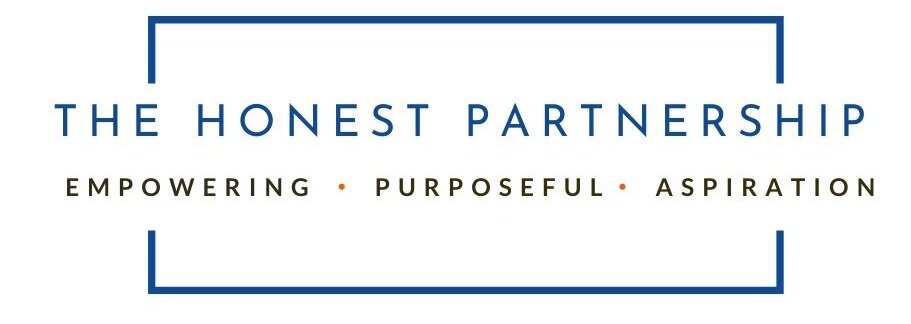“…believing someone more experienced, more knowledgeable and just better should be in this position instead of me.”
When the outside world sees nothing but a successful and highly intelligent Client Services Director, all that Kay could see was an imposter who’s luck could run out at any time; Kay couldn’t own her success.
Goal: Greater confidence
What Blocked Success?
Whilst exploring what could be challenging Kay’s confidence we started to get to the heart of what made her unique. Exploring personal strengths, talents and thinking styles she possessed; What her bosses and clients bought into?
What became obvious very early on, was how difficult it was for Kay to identify moments where she felt pride, where she could genuinely say her talents were pivotal to the success of a project or where she met business targets. Finding it much easier to brush off achievements, resisting taking any recognition for how her own capabilities. Instead, Kay had gotten into the habit of diverting attention to the team or the strategic director, surely being humble was good leadership was her response.
How was inadequacy manifesting?
Feelings of inadequacy and self-doubt were driving Kay to work even harder than at times she had the energy for driven by the fear of being “discovered as a fraud”.
Impact of inadequacy on career?
In performance reviews, she was incapable of expressing her achievements which was challenging her ability to get her desired promotion. Her confidence was shattered.
This level of stress associated with being found out as a ‘fraud’ caused anxiety that was leading Kay to the edge of burnout.
Results.
Initial focus was to develop small, but impactful tools and insights that Kay could use to reduce the impact of moments she felt like an imposter;
Challenge Mindset
Kay developed techniques that enabled her to take an objective view of her thinking patterns. Rather than accepting the thoughts as fact, Kay developed reframing techniques to challenge the imposter and reduce the debilitating impact it had had to date.
Know your worth
Kat developed a set of criteria for evaluating herself within the organisation’s business context that goes beyond KPIs, financial and strategic impact, as well as her circle of influence, were explored. Kay was building a broader understanding of the positive impact she was having on the business.
“Work is more satisfying… I still experience impostor moments, but I also have so many more moments of pride about what I have done each day.”
Accept Praise
We developed an experiment that started very, very small, finding minor moments in the day where Kay could call out her own individual contribution to small successes. Simply pausing and reviewing how she’d influenced a conversation or a decision was the first step in internalising her successes; a distinct contrast to her previous assumptions that success was due to someone else’s contribution. This experiment was built on incrementally to push Kay out of her comfort zone of praise.
